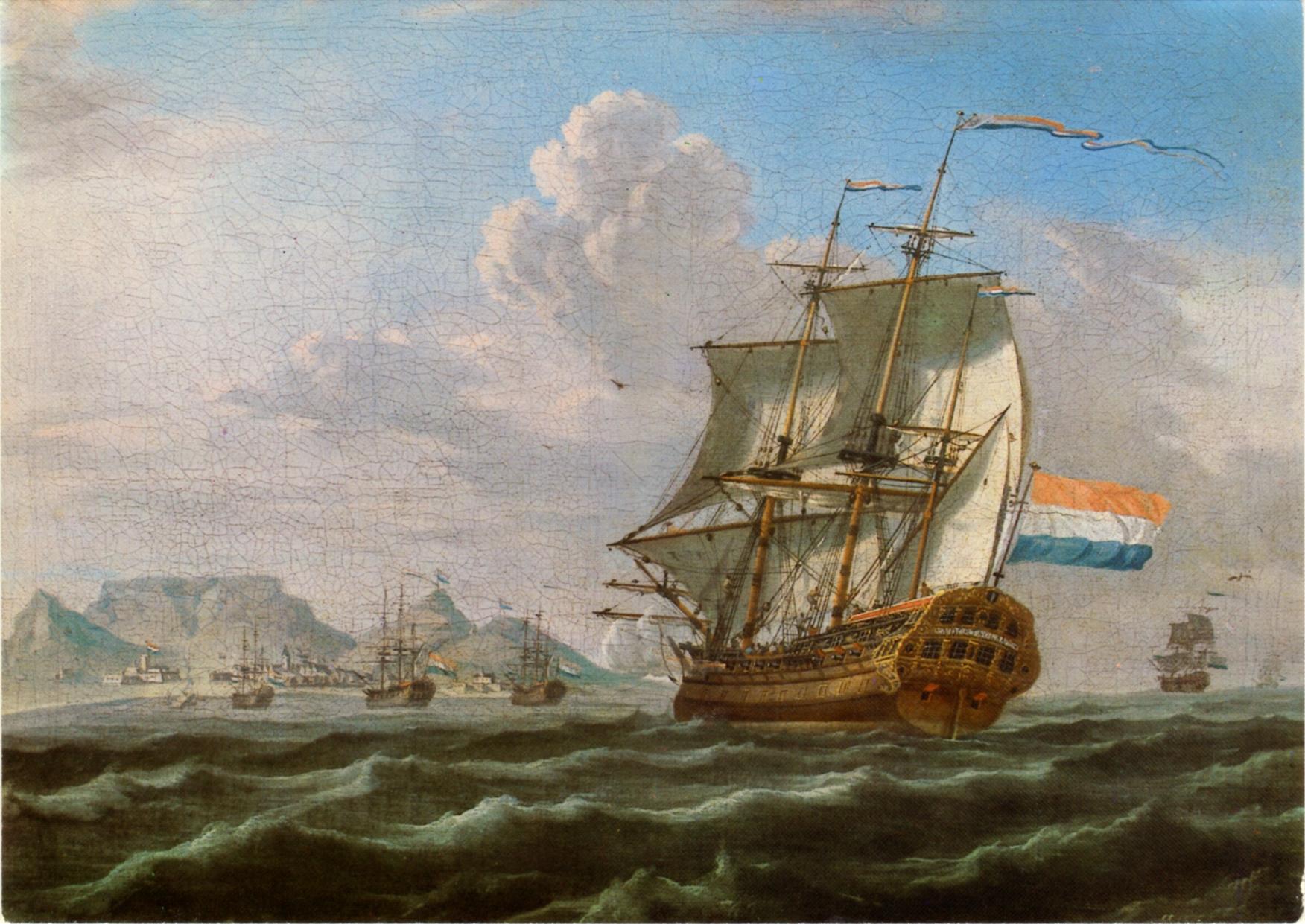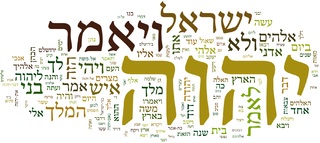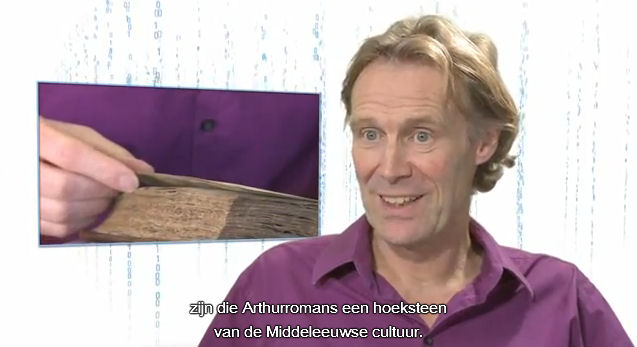
DSS: Dutch Ships and Sailors
SummaryA tool chain and methodology for converting legacy datasets in the area of maritime history. Set up to facilitate over 25 data sets, the initial population consists of 4 selected maritime-historical datasets.

A tool chain and methodology for converting legacy datasets in the area of maritime history. Set up to facilitate over 25 data sets, the initial population consists of 4 selected maritime-historical datasets.

The WIVU Hebrew Text Database contains the Hebrew text of the Old Testament enriched with many linguistic features at the morpheme level up to the discourse level.
The curated e-BNM collection of textual, codicological and historical information about thousands of Middle Dutch manuscripts kept world wide.

A corpus with data from monolingual and bilingual children (Dutch - Turkish) with and without Specific Language Impairment (SLI).
BackgroundThe FESLI-data come from two NWO-sponsored projects: BiSLI and Variflex. The numbers of children included in the resources are:
